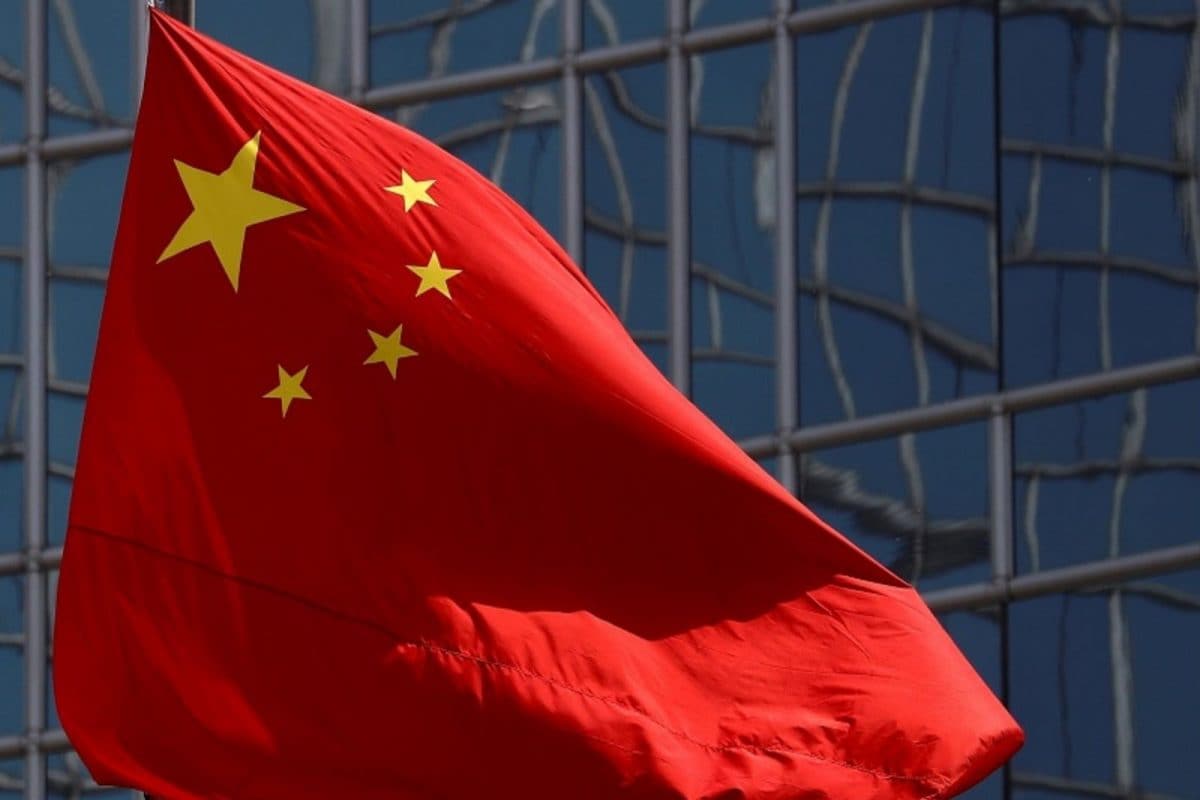News

A year after declaring the Chief Personnel Officer (CPO) was not authorised to enter into formal negotiations with some of the larger public-sector trade unions because of the state of the economy, Finance Minister Colm Imbert has had a change of heart.
Delivering his seventh budget on Monday, amid projections of a continued path of economic growth, Imbert said, and repeated, that he has instructed the CPO to start outstanding wage negotiations with the relevant unions.
In Parliament in October 2020, Imbert made it clear that government would not be meeting public-sector trade unions around the bargaining table.
He said then that even though submissions had been received from the larger trade unions, the CPO was not given the remit to engage them or put any formal offer on the table.
His announcement caused a furore in the trade union movement, which saw this as a rejection by Government to build national consensus on sharing the burden of economic adjustment.
The Opposition also weighed in, calling on Imbert to restore the collective bargaining process, as workers were still earning 2013 wages in 2020.
In an immediate response, president of the Public Services Association (PSA) Watson Duke said he would respond via Facebook around 10 am on Tuesday.
Idi Stuart, who heads the TT Registered Nurses Association (TTRNA), said his association’s focus will now be on the Registration, Recognition and Certification Board (RRCB) of the Ministry of Labour to complete the process to become the recognised majority union (RMU) for nurses.
Stuart said the union has met all the requirements and this process should not have taken more than three-six months, but after applying for six years to be the RMU for nurses, that matter is still pending.
“So on one hand they are saying, yes, go ahead and negotiate with the CPO, and on the other hand they are denying us the opportunity to reach the CPO and negotiate, because they are not giving us that RMU certificate.
“We will not allow the government to deny us the ability to negotiate by telling us to negotiate from January but not giving us the ability to negotiate.”
While he welcomed the opportunity, Stuart said he was not overly optimistic. given the dynamics of negotiations with government.
“We know how the negotiation process goes. While it is a good sign he is instructing the CPO to engage in wage negotiations, we know the process will be long and winding.
“We know it will be predicated on what Government has decided already and he probably has already come up with a figure as to what sort of increases are to be given.”
Note: This article have been indexed to our site. We do not claim legitimacy, ownership or copyright of any of the content above. To see the article at original source Click Here













